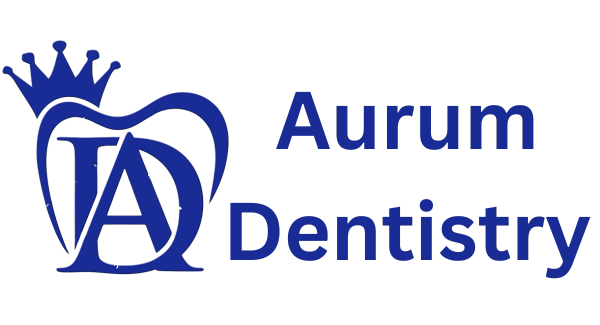Mouth cancer is a serious medical condition that can affect anyone. While it’s a potentially life-threatening disease, early detection and prevention can significantly improve your chances of successful treatment. In this blog post, we’ll explore the essential aspects of tooth cancer, including its risks, symptoms, and preventive measures.
Risks and Causes:
Tobacco and Alcohol: The most common risk factors for oral cancer are tobacco use (including cigarettes, cigars, and chewing tobacco) and excessive alcohol consumption.
- HPV Infection: Certain strains of the human papillomavirus (HPV) are linked to an increased risk of mouth cancer.F
- Sun Exposure: Prolonged exposure to the sun without protection can increase the risk of lip cancer.
Symptoms:
Knowing the signs of mouth cancer is crucial for early detection. Common symptoms include:
- Persistent Mouth Sores: Sores in the mouth that don’t heal within two weeks should be examined.
- Red or White Patches: Any unusual color changes in the mouth’s soft tissues should be checked.
- Pain or Difficulty Swallowing: Persistent pain or discomfort while swallowing can be a warning sign.
- Changes in Voice: Hoarseness or changes in voice quality that persist for an extended period.
- Lumps or Thickening: Noticeable lumps, bumps, or thickening in the mouth or neck.
Prevention:
Preventing mouth cancer is possible through lifestyle choices and regular screenings:
- Tobacco and Alcohol: Quit smoking and limit alcohol consumption to reduce risk.
- Healthy Diet: Consume a diet rich in fruits and vegetables, as they contain antioxidants that may help reduce the risk of cancer.
- Sun Protection: Wear lip balm with UV protection and use sunblock on your lips when outdoors.
- HPV Vaccination: Consider the HPV vaccine, especially for adolescents and young adults.
- Regular Check-ups: Visit your dentist regularly for mouth cancer screenings. Early detection can make a significant difference in treatment success.
Treatment:
Mouth cancer is a serious health concern, but understanding the risks, recognizing symptoms, and taking preventive measures can help protect your oral health. If you notice any unusual changes in your mouth or have concerns about your risk factors, consult with a healthcare professional for guidance and regular screenings.
Remember, knowledge and early action are your best allies in the fight against oral cancer.









